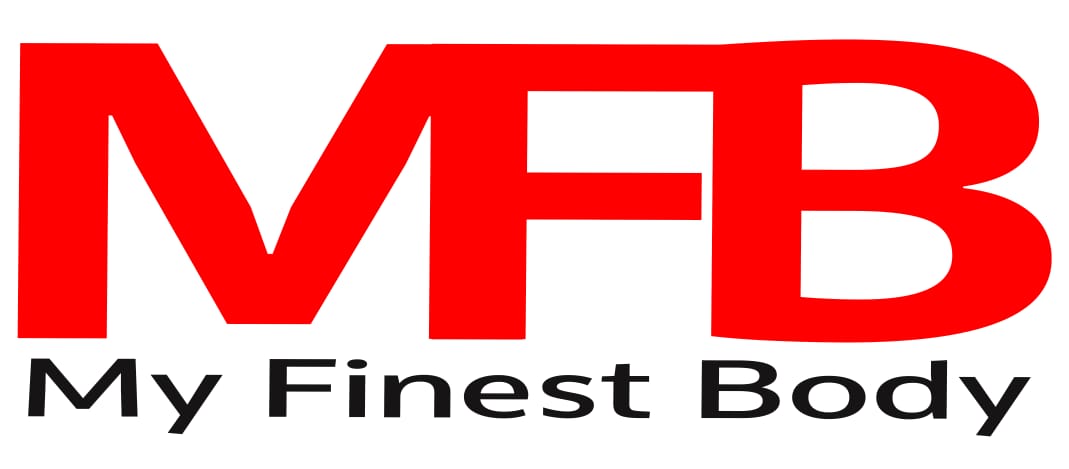Despite the legalization of cannabis in various forms across 40 out of 50 US states, the drug remains illegal at the federal level. Currently, cannabis is categorized alongside substances like heroin and LSD, under the same class of controlled substances.
Should the DEA decide to revise this classification, it could herald one of the most substantial shifts in US drug policy in recent decades.
Presently designated as a schedule 1 drug within the Controlled Substances Act, cannabis is deemed to lack medical utility and carry a high risk of abuse.
A potential reclassification to schedule 3 would align cannabis with drugs considered to have lower potential for dependency and abuse. This category encompasses substances such as anabolic steroids, ketamine, and medications containing up to 90 milligrams of codeine per dose.
In response to the evolving landscape, President Joe Biden commissioned a review, tasking his attorney general and health secretary to assess whether cannabis warrants less severe classification.
The Department of Health and Human Services (HHS) presented this proposal to the DEA on Tuesday. The HHS completed a comprehensive scientific and medical evaluation during this administrative process, which was finalized in less than 11 months, highlighting the department’s commitment to expeditious action.
While the recommendation falls short of entirely removing cannabis from the Controlled Substances Act’s roster, it signifies a proactive stance toward regulatory flexibility. Advocates have pushed for complete de-scheduling, which would entail eliminating cannabis from the Controlled Substances Act and subjecting it to regulatory frameworks akin to those governing alcohol and tobacco.
This move could facilitate increased research into cannabis and potentially grant greater operational freedom for the banking sector within the cannabis industry. At present, many US marijuana businesses are compelled to operate solely with cash, a consequence of tax regulations that restrict banks from handling proceeds from certain drug transactions.
Surveys reflecting public sentiment indicate that a majority of Americans support some level of cannabis legalization.
Across the United States, cannabis has achieved legal status for recreational adult use in 23 states, including all west coast states and Washington DC. Moreover, 38 states allow cannabis for medical purposes, further illustrating the complex and evolving landscape of cannabis regulations.






















